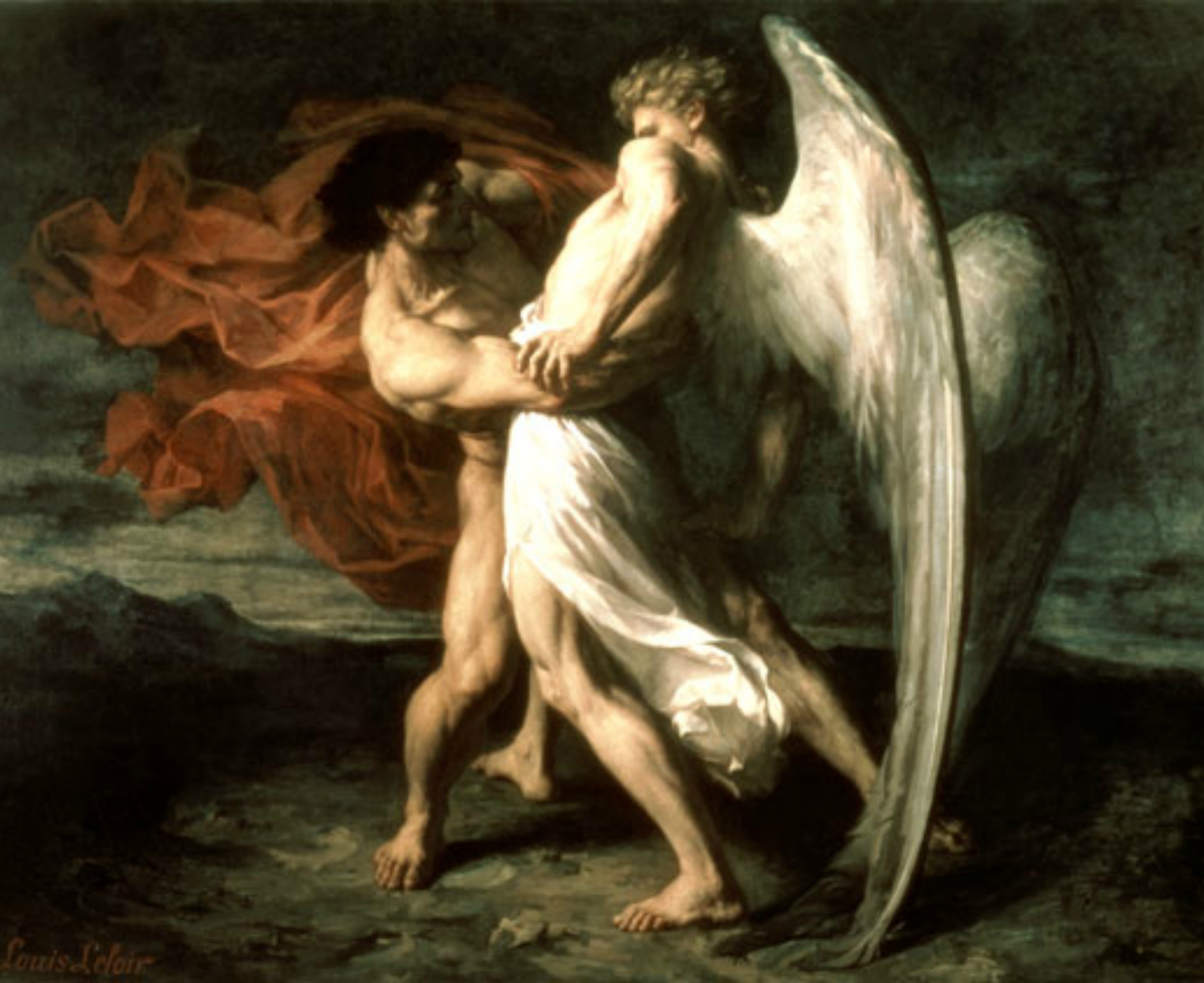“By way of such aspects, we see—it is clear—in the Middle Ages an awakening of the true forces already acting in Nordic-Aryan Romanity, of its true solarity, propitiated from such a resurgence or rebirth from a new contribution of Aryan blood…” Gornahoor translating Evola, on Cesaro Indeed, a tremendously sophisticated … Continue reading
How Keats May Have Died – in memory

Came he among the whispering wood, or in the golden meads, Still he holds the cypress crown, which gold Apollo gave. Walked he in stormy wind about or in the laze of noon, Yet still he sings the song around, eternal end too soon. He rose above the blue sky … Continue reading
Recapitulation

The doctrine of Recapitulation can be deduced from that of karma and sexual union. Continue reading
Quest for Camelon

Quick, quiet is the snow on a low hill Continue reading
Dies Irae
A Transliteration & Addition to the Latin Dies Irae The Dies Irae was authored by Friar Thomas Celano, biographer of Saint Francis, and its view of God is conditioned by the emergent Holy Roman Empire, whose peripatetic king would visit his manors all across the West in a movable judgement … Continue reading
Remarks on Tomberg
Those who are interested in reading Meditations ought to peruse this index to his book here. Consulting the index under “personal magic”, one is referred to pages 478-480 (among others): “Therefore, it follows from the preceding that magical formulae are not invented – just as true poetry is not invented … Continue reading
Deep Materiality
Tomberg remarks in his Meditations that Christianity places the locus of sin, not in the body or material existence (such as he thinks is implied to a degree by Eastern metaphysic), but in the soul. The body, then, as such, becomes rather a focus of redemption and revelation, rather than … Continue reading
Sun, Moon, & Stars
I want to remark on something in Tomberg’s Meditations, in comparison between Chapter 18 (The Moon) & Chapter 19 (The Sun). Besides many other side meditations of delight (including a short, extremely well put defense of medieval scholasticism, which he says was a marriage of wisdom and intelligence to produce … Continue reading
Harmonics
In order to win the daily battle, we may resort to any number of tactics which can strengthen the “core” of man by magnetizing the higher centers of his personality, including plain music. As several correspondents on this site have suggested, there may be a harmonic basis for this in … Continue reading
The Guardian of the Threshold
One of the biggest problems with modern political entities is the question of cybernetics, or “the helmsmen” : who watches the Watchers? Who guards the guardians? This problem is not very effectively answered today; if there was a famine in the year 1200, you knew where the nobleman who was … Continue reading